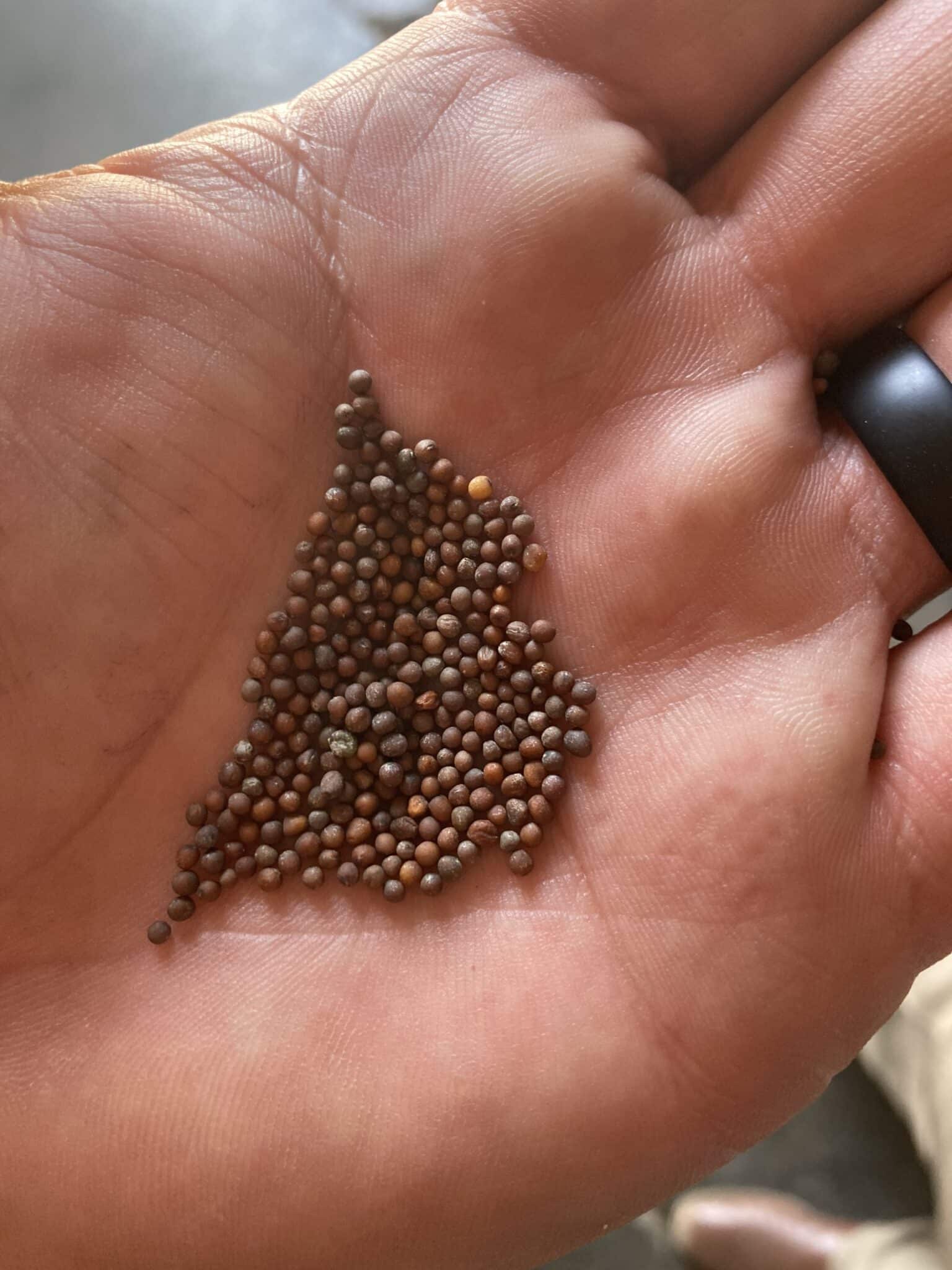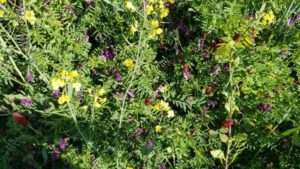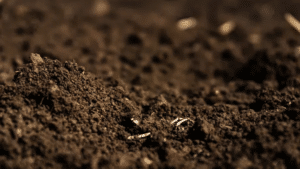The crop creates more opportunities for sustainable farming
Nuseed, which introduced a carinata contract crop program in 2022, to growers has expanded the program in the Southern United States.
Ryan French, Nuseed North America strategic carinata marketing manager, says the expansion will transform the region’s approach to sustainable farming and regenerative agriculture.
“The expansion of our Nuseed Carinata program is especially significant for the Southern U.S.,” he says. “It allows growers to participate in a new and exciting value chain for Sustainable Aviation Fuel (SAF), rewarding them for the sustainable practices they may already be practicing today.”
Carinata, also known as Ethiopian mustard, is a non-food oilseed crop that is gaining popularity as a sustainable bioenergy feedstock. A winter cover crop with a deep root system, high biomass production, and a hardy nature, makes it ideal for improving soil health and breaking crop rotation cycles. Carinata’s oil is highly sought after for producing Sustainable Aviation Fuel (SAF) due to its favorable properties and environmental benefits. Additionally, its cultivation supports regenerative agricultural practices, offering farmers an opportunity to diversify their income while contributing to a more sustainable future.
Field studies in North Florida demonstrated carinata, a relative of canola and rapeseed, achieved a higher yield than canola as Seed World U.S. outlined here.
“Carinata’s outstanding performance was evident in replicated yield trials in the region, where it achieved seed production of 2,500 pounds per acre, outperforming canola at 1,300 pounds per acre, and camelina at 850 pounds per acre,” said University of Florida research assistant scientist Ramdeo Seepaul, citing research published by George et al. in 2021 in the above-referenced article.
Carinata boasts a high oil content, typically between 40% and 46%, and is also rich in erucic acid, with levels usually ranging from 40% to 44%
“Erucic acid is a very-long-chain mono-unsaturated fatty acid with 22 carbon atoms giving carinata its distinctive composition,” Seepaul explains. “This high proportion of very long-chain fatty acids relative to shorter or saturated ones makes carinata oil exceptionally well-suited for various biofuel conversion technologies.”
Although cover crops offer numerous agronomic advantages, they are currently planted on only about 8% of Florida’s agricultural lands during the winter. Coastal plain soils, which often have very limited organic matter, could particularly benefit from cover cropping.
For more Seed World biofuel crop coverage, check out these articles:













